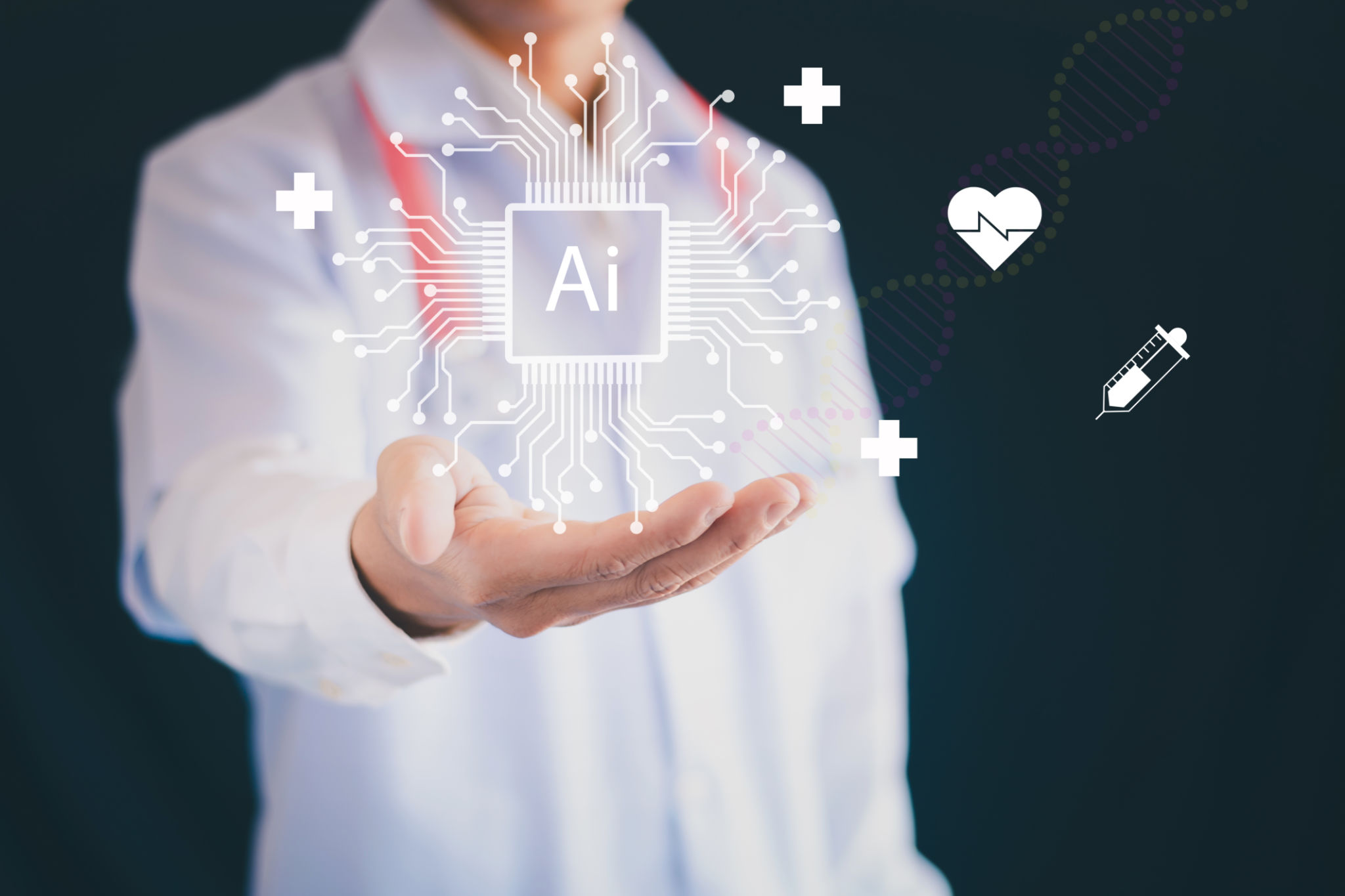AI and Machine Learning: Revolutionizing Biotechnology Research
Introduction to AI and Machine Learning in Biotechnology
Artificial Intelligence (AI) and Machine Learning (ML) are increasingly becoming powerful tools in the realm of biotechnology research. These technologies are transforming how researchers approach complex biological problems, enabling breakthroughs that were once deemed impossible. By automating data analysis and uncovering hidden patterns, AI and ML are accelerating the pace of discovery in life sciences.
Biotechnology encompasses a wide range of fields, including genetics, bioinformatics, and molecular biology. With the integration of AI and ML, these fields are witnessing unprecedented advancements. From drug discovery to personalized medicine, the potential applications are vast and transformative.

Enhancing Drug Discovery Processes
One of the most promising applications of AI in biotechnology is in drug discovery. Traditionally, drug development is a time-consuming and expensive process, often taking years to bring a new drug to market. However, AI and ML are streamlining this process by predicting how different compounds will interact with biological targets.
By analyzing massive datasets, AI systems can identify potential drug candidates faster than ever before. This not only reduces costs but also increases the likelihood of success in clinical trials. Machine learning algorithms can simulate how drugs will behave in the human body, helping researchers make more informed decisions.

Personalized Medicine: Tailoring Treatments
The rise of personalized medicine is another area where AI and ML are making a significant impact. Personalized medicine involves tailoring medical treatment to the individual characteristics of each patient. By leveraging AI, researchers can analyze genetic information to predict how patients will respond to certain treatments.
This approach allows for more effective and targeted therapies, minimizing the risk of adverse reactions. Machine learning models can process vast amounts of genomic data to find correlations between genetic variations and disease outcomes, paving the way for customized treatment plans.
AI in Genomics
Genomics is one of the most data-intensive areas in biotechnology. AI and ML are crucial in managing and interpreting these large datasets. They help researchers understand complex genetic interactions, identify mutations linked to diseases, and explore evolutionary patterns.

Bioinformatics: Data-Driven Insights
Bioinformatics combines biology, computer science, and information technology to analyze biological data. AI and ML play a pivotal role in enhancing bioinformatic capabilities by automating data processing tasks and providing insights that might be missed by human analysts.
With machine learning algorithms, bioinformatics can predict protein structures, understand gene expressions, and uncover regulatory mechanisms. These insights are critical for developing new diagnostics and therapeutic strategies.
Challenges and Future Directions
Despite the exciting advancements, integrating AI and ML into biotechnology research comes with challenges. Issues such as data privacy, algorithm transparency, and the need for interdisciplinary collaboration must be addressed to fully harness their potential.
The future of AI in biotechnology looks promising. As computational power increases and algorithms become more sophisticated, we can expect even more revolutionary developments that will shape the future of healthcare and life sciences.

